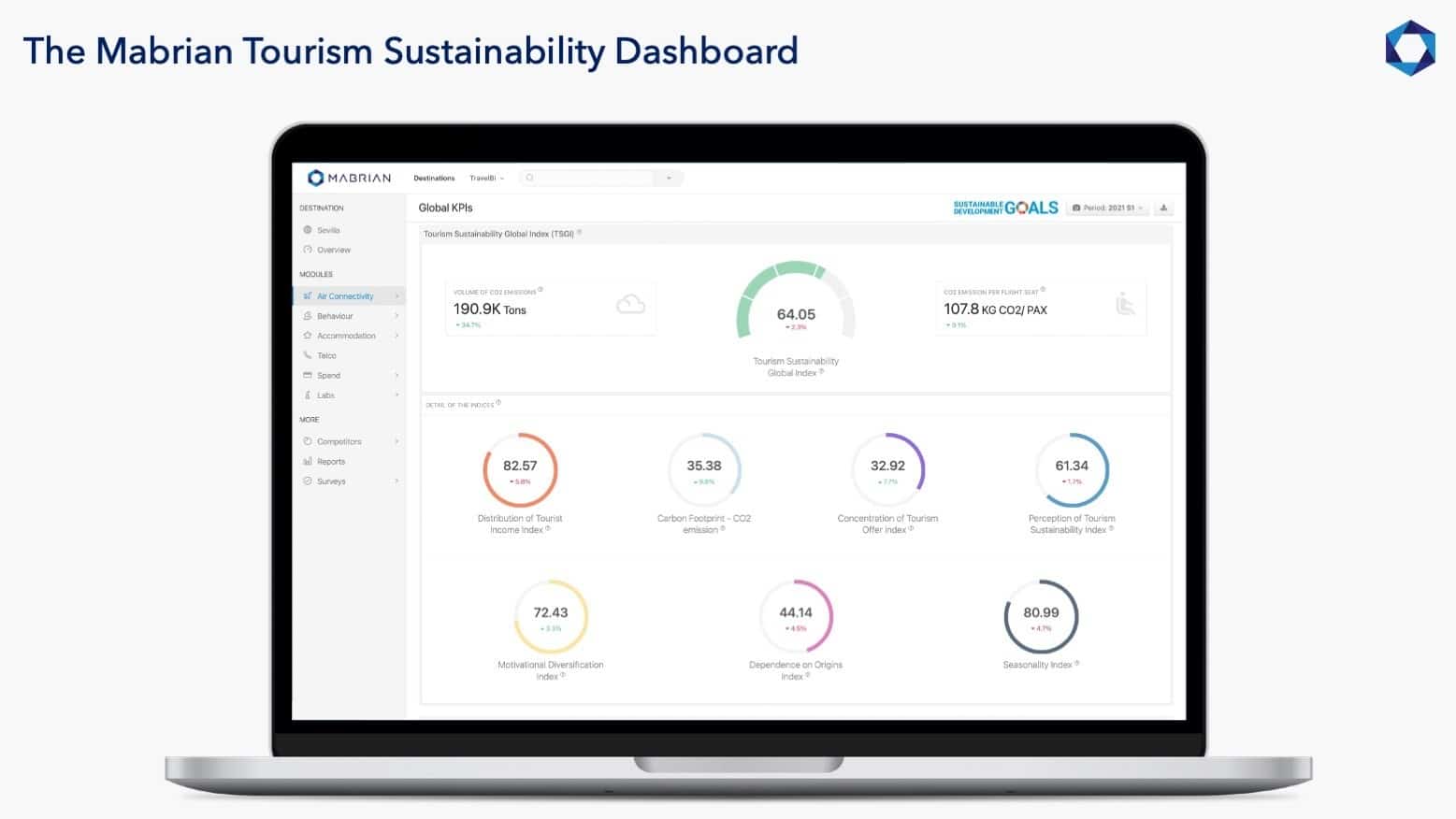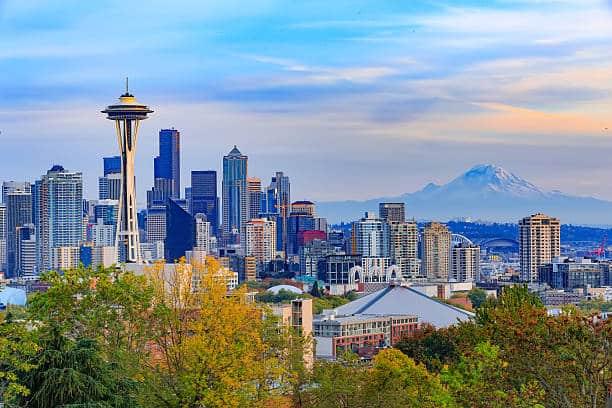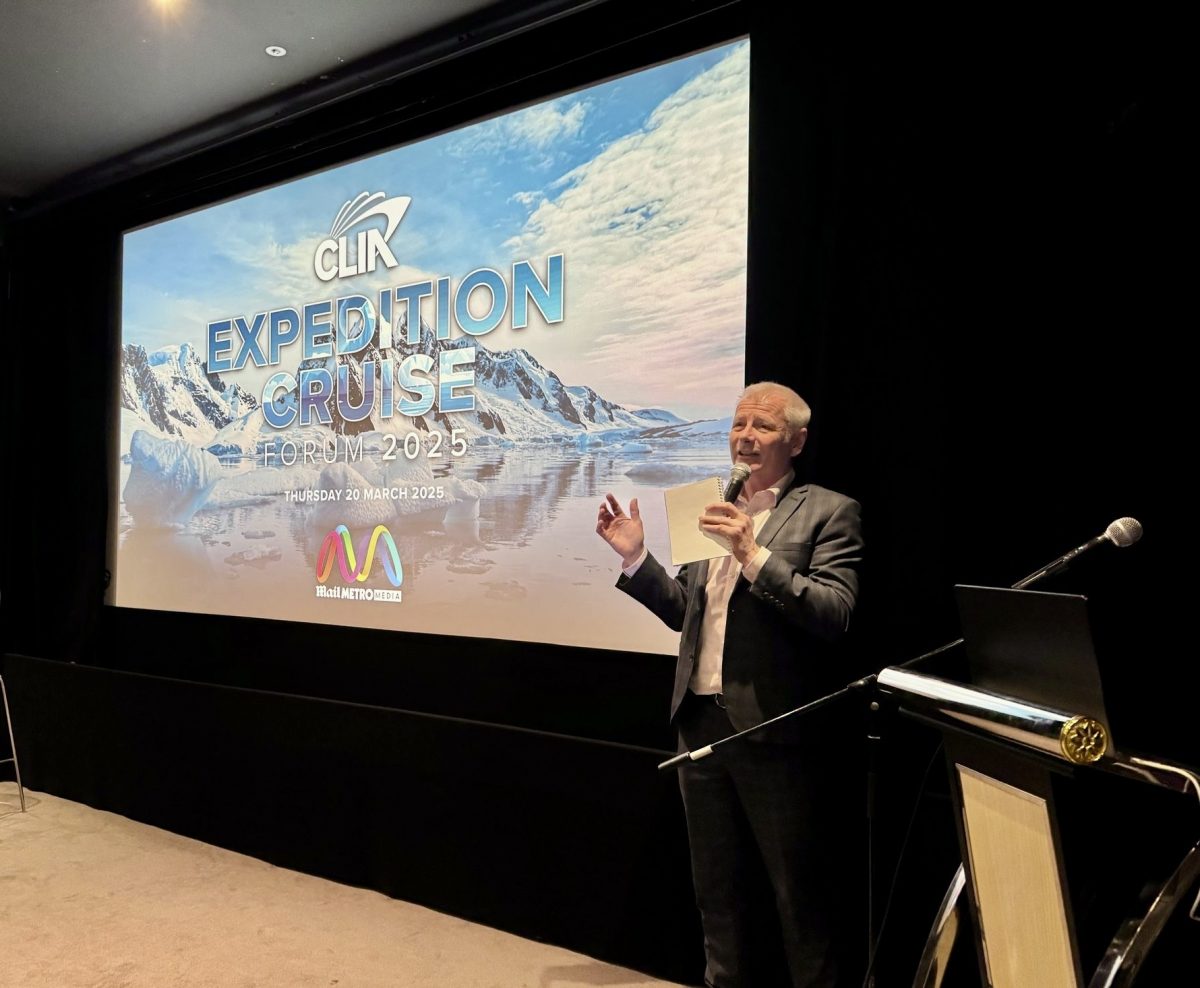First ever Climate Change Stocktake for Global Tourism for COP 28

The first Tourism and Climate Change Stocktake report has been released by the Tourism Panel on Climate Change (TPCC) concurrent with the UN COP-28 Climate Conference. Its 24 key findings aim to support policy makers and the tourism industry to accelerate planning and investment toward low carbon and climate resilient global tourism.
The report finds that many countries support tourism because of its integral role in contributing to economic development. There is limited evidenced that tourism growth has been decoupled from increases in greenhouse gas emissions. Tourism now contributes directly and indirectly about 8-10% of global emissions.
Professor Daniel Scott from the University of Waterloo, Canada said: “In 2023, the world witnessed an extraordinary succession of climate records so that we no longer need to imagine the impacts of climate change on tourism. Transformational change to climate resilient tourism is our collective responsibility and compels decisive leadership by the tourism community. The future of global tourism remains ours to decide, for there can be no sustainable tourism if we fail on climate.”
Professor Susanne Becken from Griffith University, Australia said: “The Glasgow Declaration is a pivotal roadmap for the tourism sector’s journey towards decarbonisation and regeneration. It offers a collaborative platform for all stakeholders to advance collectively in aligning with the Paris Agreement. By embracing this framework, we can not only reduce emissions but also foster a regenerative approach to tourism that ensures sustainability, competitiveness and resilience. Our united efforts under this declaration are key to reshaping the future of tourism for a healthier planet.”
Professor Geoffrey Lipman, President of SUNx Malta said “It’s time to move further and faster than the hollow promises made for three decades in the future. That future is already here in increasingly devastating global weather patterns. Tourism needs to respond to this now and to recent IPCC calls for GHG emissions to peak by 2025.”
The Stocktake Key Findings include:
- Except during COVID-19 disruptions, tourism is growing faster than the global economy, trending toward longer distance and more emission intensive travel.
- Eight to ten per cent of global emissions are from tourism with emissions concentrated mainly in high-income countries acting both as traveller residences and destinations.
- Tourism, air travel, and cruise tourism are not on track to acheive their 2030 emission reduction goals.
- Air travel remains the most difficult component of global tourism to realise deep emission reductions.
- The greenhouse gas emission intensity of hotel operations is gradually improving in some regional markets but without acceleration and expansion globally, will fall short of their 2030 emission reduction target.
- Consumer behaviour and tourism marketing needs to shift away from the highest-emitting forms of tourism, a necessary step to achieve GHG reduction targets.
- Global tourism emissions are heavily concentrated in high-income outbound markets and destinations.
- Compounding climate hazards are anticipated to curtail tourism to many climate vulnerable countries where tourism represents a large part of the economy.
- Current forms of tourism, such as ski tourism at low elevations, beach tourism in highly erodible coastlines, and some nature-based tourism will not be viable at some destinations because of accelerating climate hazards and limits to adaptation measures.
- The unequal distribution of tourism emissions and potential impacts of climate hazards have important climate justice implications.
- In low-income countries, climate and tourism risks overlay with many other factors, such as poverty and public sector debt, requiring climate resilient policy making and climate finance.
- Tourism policy is not yet integrated with global or national climate change frameworks, despite an increase in sectoral climate pledges. Most national tourism policies or plans give limited consideration to climate change.
- Governments and international development assistance continue to invest in tourism infrastructure that is climate vulnerable and linked to high GHG emission intensity.
- Research and scientific capacity to inform evidence-based climate action in tourism has increased substantially, but training in industry and tourism education programs remains very limited.
The TPCC Tourism and Climate Change Stocktake was released on Monday 11th December and the Full Report and Summary for Policymakers are available at http://www.tpcc.info/
Learn more about SUNx Malta
Our emails to you has bounced travelmole.com Or You can change your email from your profile Setting Section
Your region selection will be saved in your cookie for future visits. Please enable your cookie for TravelMole.com so this dialog box will not come up again.
Price Based Country test mode enabled for testing United States (US). You should do tests on private browsing mode. Browse in private with Firefox, Chrome and Safari
You can see how this popup was set up in our step-by-step guide: https://wppopupmaker.com/guides/auto-opening-announcement-popups/
Subscribe/Login to Travel Mole Newsletter
Travel Mole Newsletter is a subscriber only travel trade news publication. If you are receiving this message, simply enter your email address to sign in or register if you are not. In order to display the B2B travel content that meets your business needs, we need to know who are and what are your business needs. ITR is free to our subscribers.
 United Kingdom
United Kingdom United States
United States Asia Pacific
Asia Pacific

























EU entry-exit system delayed again
Carnival Cruise Line hosts Prague getaway for Fun Ambassadors
Council moves to designate Forest of Dean a Biosphere
US tourism hit with UK, Germany travel warnings
Uganda Airlines launching London flights